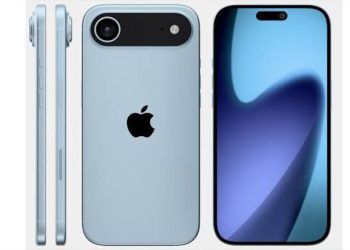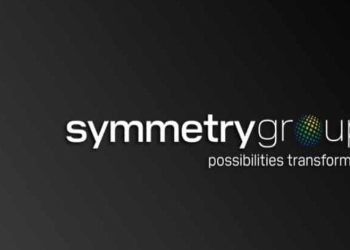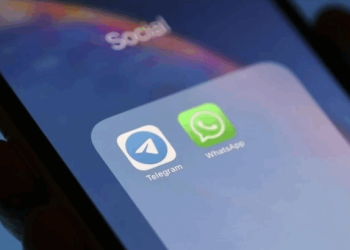Meta Platforms Inc. faces a historic antitrust trial beginning Monday that could force the tech giant to break off Instagram and WhatsApp, startups it bought more than a decade ago that have since grown into social media powerhouses.
The looming antitrust trial will be the first big test of President Donald Trump’s Federal Trade Commission’s ability to challenge Big Tech. The lawsuit was filed against Meta — then called Facebook — in 2020, during Trump’s first term. It claims the company bought Instagram and WhatsApp to squash competition and establish an illegal monopoly in the social media market.
Meta, the FTC argues, has maintained a monopoly by pursuing CEO Mark Zuckerberg’s strategy, “expressed in 2008: ‘It is better to buy than compete.’ True to that maxim, Facebook has systematically tracked potential rivals and acquired companies that it viewed as serious competitive threats.”
Facebook also enacted policies designed to make it difficult for smaller rivals to enter the market and “neutralize perceived competitive threats,” the FTC says in its complaint, just as the world shifted its attention to mobile devices from desktop computers.
“Unable to maintain its monopoly by fairly competing, the company’s executives addressed the existential threat by buying up new innovators that were succeeding where Facebook failed,” the FTC says.
Facebook bought Instagram — then a scrappy photo-sharing app with no ads and a small cult following — in 2012. The $1 billion cash and stock purchase price was eye-popping at the time, though the deal’s value fell to $750 million after Facebook’s stock price dipped following its initial public offering in May 2012.
Instagram was the first company Facebook bought and kept running as a separate app. Up until then, Facebook was known for smaller “acqui-hires” — a type of popular Silicon Valley deal in which a company purchases a startup as a way to hire its talented workers, then shuts the acquired company down. Two years later, it did it again with the messaging app WhatsApp, which it purchased for $22 billion.




































